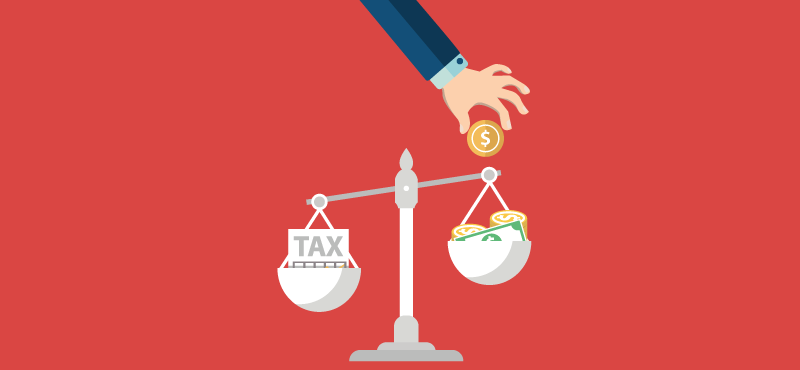The Numbers Don’t Lie-The Wealthy Are Paying More Taxes

More, more, more! So many people demand that the wealthy pay more taxes. ‘They must pay their fair share,” goes the battle cry. The question is what really constitutes a fair share? Truth be told, many of the nations wealthy pay a smaller percentage of taxes than most. However, that doesn’t mean they aren’t paying their fair share. Want proof? Then look no further than the number the IRS reported: in 2014, those who made more than $100,000 paid a combined 79.5 percent of all federal income taxes.
A closer look at the numbers from the IRS shows that more than 148 million Americans filed a tax return in 2014. Of those, 23.7 million showed an AGI of a $100,000 or more. That equals 16 percent of all tax returns. Almost all of those returns reported tax due for a combined total of $1.079 trillion in taxes, which amounts to 79.5 percent of all federal income taxes paid in 2014.
Yes, the top 1 percent, or 16 percent in this case, make a lot more money than most people, but even though they have found many ways to lower their effective tax rate, they still pay nearly 80 percent of all the federal income taxes collected by the IRS. Is that a fair share? That’s a question for each person to answer.
http://www.forbes.com/sites/kellyphillipserb/2016/05/13/americans-who-make-more-than-100000-pay-80-of-federal-income-taxes/#50015fe02f7a/
IRS Preventing Audit
IRS Preventing Audit Do you want an IRS agent to make a visit to your office? I don’t know many people who do, but knowing strategies to prevent an unwanted visit could certainly save you from an extra bit of stress in life. Only one percent of taxpayers yearly are selected for IRS audits, but…
Tips for the Self Employed in Avoiding an IRS Audit
Tips for the Self Employed in Avoiding an IRS Audit If you are self-employed, the chance that you have of being selected for an IRS audit will be closer to your ballpark. The IRS looks for red flags that when processing tax returns, targeting individuals to potentially audit. Self-employment is a flag in itself as…
5 Steps to Becoming a Millionaire
5 Steps to Becoming a Millionaire In 2011, the number of households in the United States worth over $1 million was 8.6 million. Although the thought of acquiring a million dollars may be a whimsical fantasy for some, it is not out of reach. With careful saving and investing, becoming a millionaire is possible if…
Ten Questions That You Should Ask Prior to Purchasing a Stock
1. How does the company make money? The first thing that you should understand is how the company earns money. Just because everyone else is buying the stock and the price has run up tremendously does not mean that you should also be jumping on the bandwagon. I suggest that you review the annual report…



